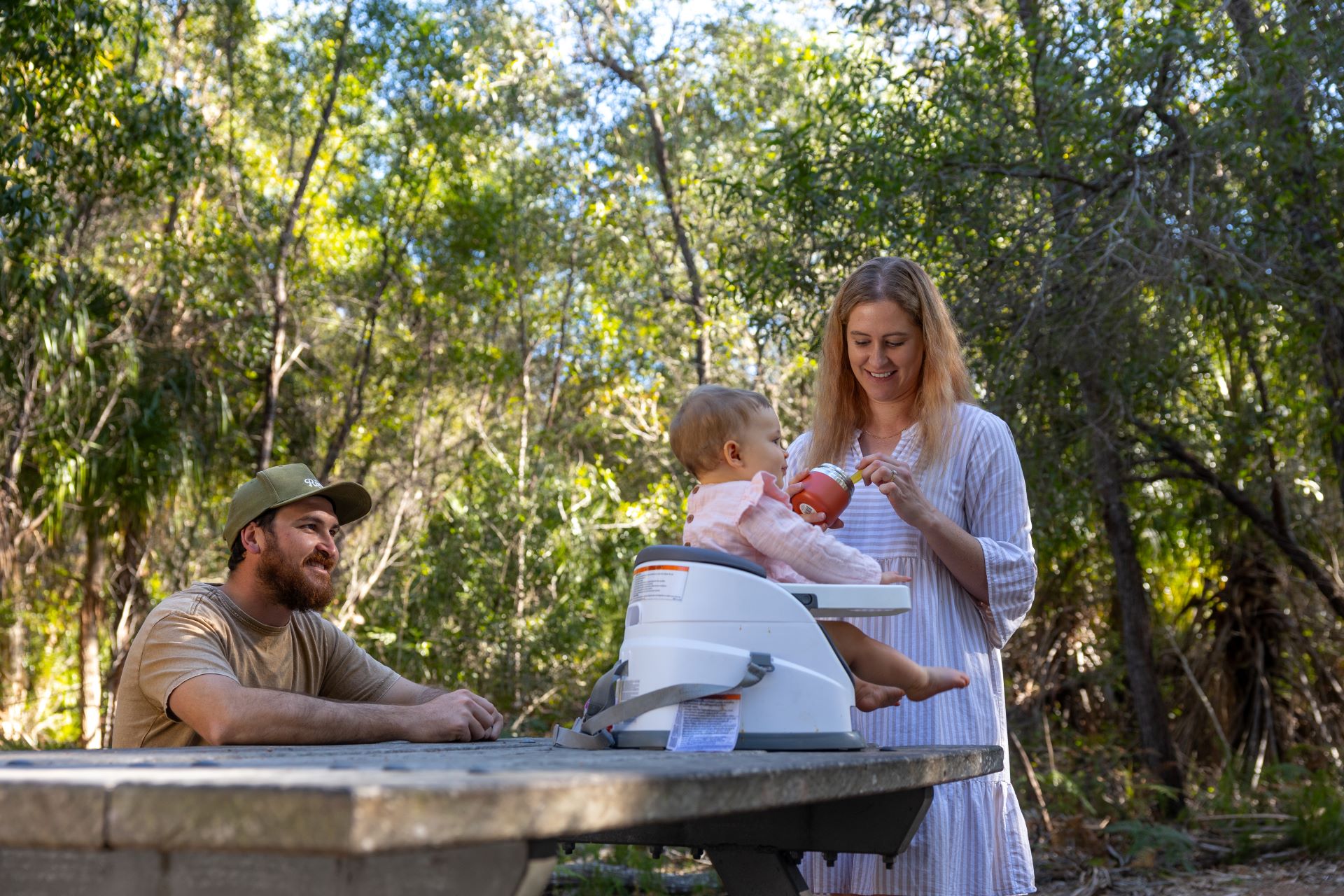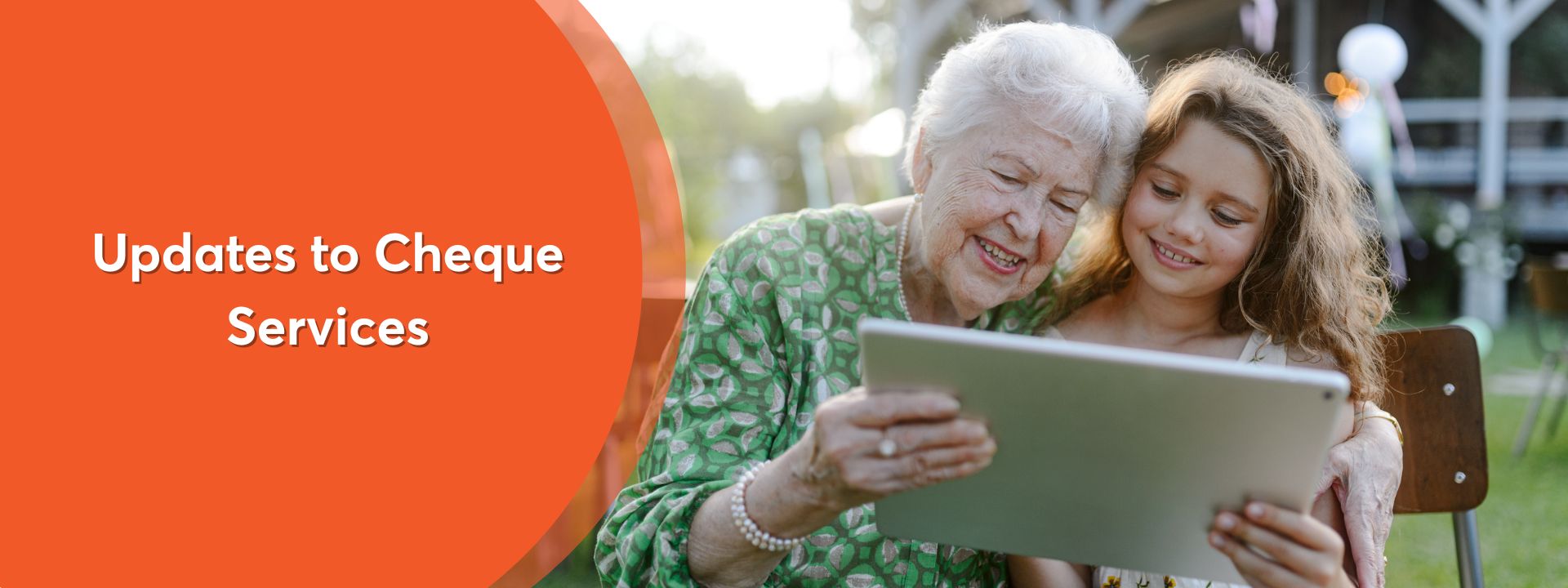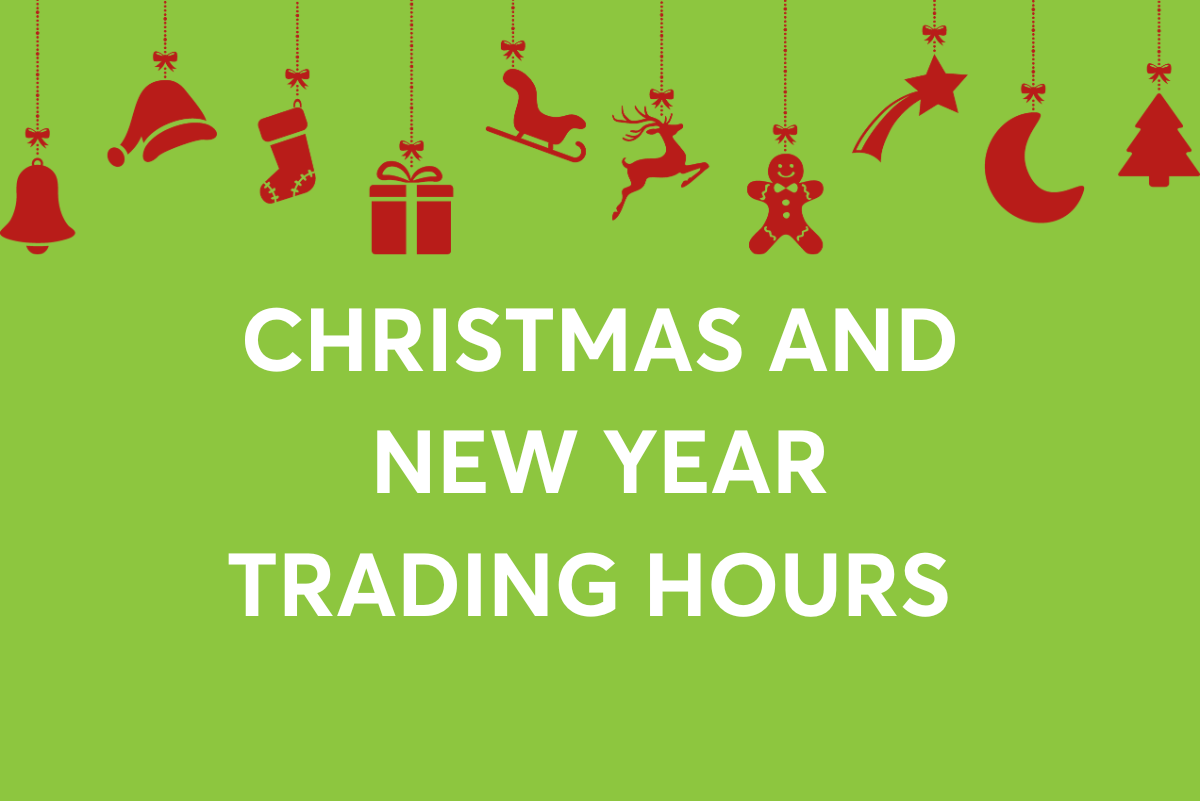We all have surprise expenses from time to time, but when we’re hit with an especially large, unexpected cost, it can quickly threaten to blow out the budget and
An emergency fund can cover you and your family if a surprise cost comes along.
COBA has looked at a few reasons why this safety net is important and the steps you can follow to set one up.
What’s the purpose of an emergency fund?
As the name suggests, an emergency fund isn’t for overseas holidays or wardrobe updates. Instead, it’s designed for unanticipated expenses that you need to cover in a short period of time, such as:
- Medical or dental bills
- Urgent home repairs
- Car repair costs
- A loss of income for a period of time
- Emergency travel
Without an emergency fund, you could be left either to tap into your long-term savings or take out or extend a loan to cover for these unanticipated costs.
How to build an emergency fund
Set up a new account
An emergency fund is usually a dedicated bank account. That way, you can see how much is in it and don’t have the temptation of taking money out for reasons other than urgent costs.
Speak to your us about establishing a new account, you may even reap the benefits of a bit of extra interest if you save regularly.
Establish a target
It’s hard to know how much you may need in the future for life’s unanticipated events; however, having a ballpark figure in mind can help with disciplined saving.
The Australian Securities and Investments Commission’s MoneySmart suggests putting aside three months’ worth of living expenses.
The site also has a budget planner you can use to see what this may look like for your household.
Think about regular payments
If you’re starting from scratch, consider making a payment to your emergency fund each week, fortnight or month.
You may even wish to automate deductions from your main account to your separate bank account, so you don’t have to think about it.
Consider adding any windfalls to your emergency fund
If you get a pay rise, inherit some money or receive a tax refund, consider directing some or all of it into your emergency fund. Adding a larger payment can help build the fund up quickly.
Set up some rules for tapping into the fund
To keep your emergency fund at the right level, it’s important to establish some ground rules around how and when you’ll use it.
For example, you may wish to pay for smaller car repairs or dental bills from other accounts to avoid eroding the savings in the fund.
Prepare for the unexpected
If you’d like help setting up a bank account to get your emergency fund on track, give us a call on 1300 314 900 or contact us to discuss opening an account.
Disclaimer: The content of this article is general in nature and is presented for informative purposes. It is not intended to constitute tax or financial advice, whether general or personal nor is it intended to imply any recommendation or opinion about a financial product. It does not take into consideration your personal situation and may not be relevant to circumstances. Before taking any action, consider your own particular circumstances and seek professional advice. This content is protected by copyright laws and various other intellectual property laws. It is not to be modified, reproduced or republished without prior written consent.





